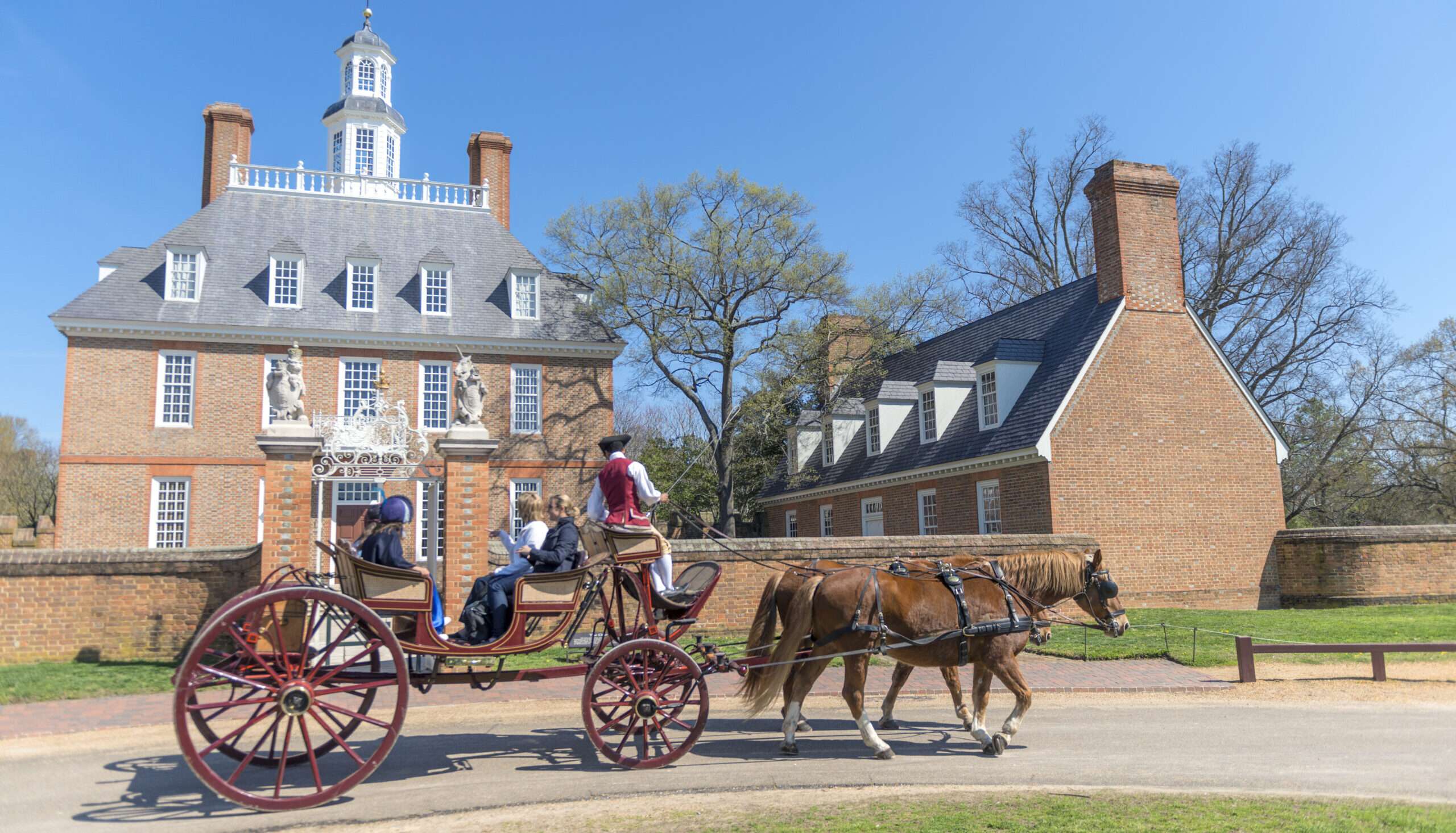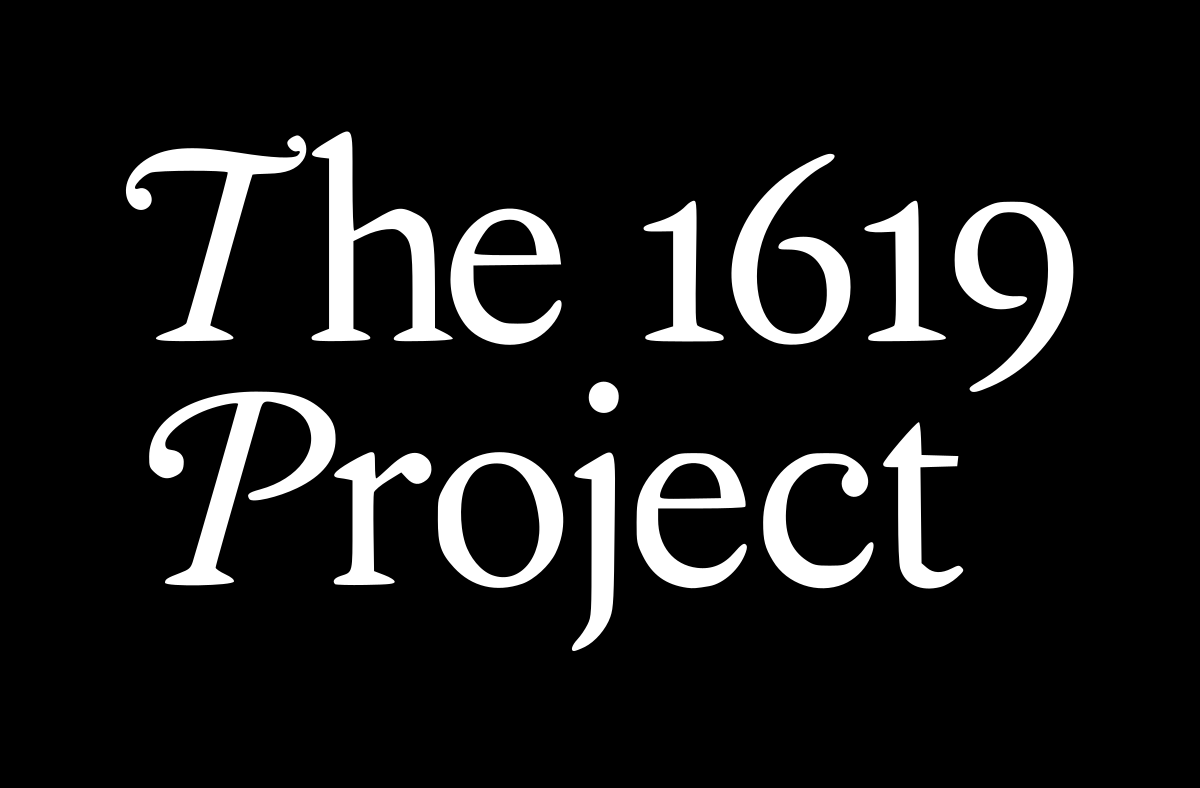- Joined
- Jun 18, 2018
- Messages
- 54,484
- Reaction score
- 51,163
- Gender
- Male
- Political Leaning
- Progressive
"On a bench outside the building that was once the Virginia governor’s mansion, Hannah-Jones is joined by award-winning historian Woody Holton to talk about the birth of America. Specifically, they are there to talk about John Murray, the Earl of Dunmore, who was Virginia’s colonial governor during the American Revolution. In 1775, Dunmore issued a proclamation that, among other things, declared that any enslaved person who fought on behalf of Britain against the colonists would be granted their freedom — a proclamation that “infuriated White Southerners,” Holton says.
“So,” Hannah-Jones replies, “you have this situation where many Virginians and other Southern colonists, they’re not really convinced that they want to side with the patriots, and this turns many of them toward the revolution, is that right?”
“If you ask them, it did. The record is absolutely clear,” says Holton, a professor of early American history at the University of South Carolina. “I can’t think of a point that I could make about the American Revolution where I could compile as many quotes as I can from White Southerners saying how furious they are.”
That conversation serves the latest rebuttal to the controversy that has engulfed the project since its initial publication, as a series of articles in the New York Times Magazine, in August 2019."
Link
Watch and learn.
“So,” Hannah-Jones replies, “you have this situation where many Virginians and other Southern colonists, they’re not really convinced that they want to side with the patriots, and this turns many of them toward the revolution, is that right?”
“If you ask them, it did. The record is absolutely clear,” says Holton, a professor of early American history at the University of South Carolina. “I can’t think of a point that I could make about the American Revolution where I could compile as many quotes as I can from White Southerners saying how furious they are.”
That conversation serves the latest rebuttal to the controversy that has engulfed the project since its initial publication, as a series of articles in the New York Times Magazine, in August 2019."
Link
Watch and learn.


